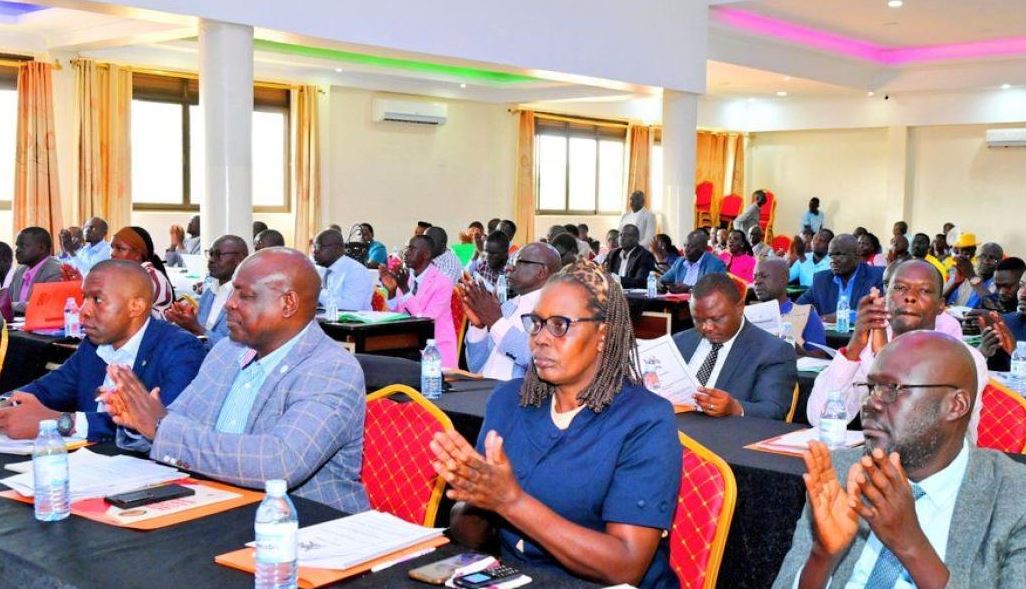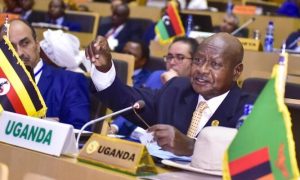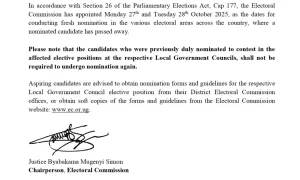By Richard Onapatum
Lira City, Uganda: As Uganda gears up to draft the national budget for the 2026/27 financial year, leaders from Kotido District used a regional budget consultative workshop in Lira City to deliver a blunt message: the current system is entrenching inequality and leaving remote districts behind.
The two-day workshop, held at Margarita Palace Hotel, drew local government officials from across Northern Uganda. But it was Kotido’s delegation that stole the spotlight, raising alarms about structural imbalances that they argued continue to choke service delivery in the Karamoja sub-region.
Kotido Municipality Mayor, Peter Abrahams Irar, voiced one of the most biting criticisms, focusing on salary disparities within local government. He noted that mayors earn as little as Shs700,000 a month while their town clerks, whom they are expected to supervise take home over Shs5 million.
“How do you supervise someone who earns seven times more than you?” Irar asked, his frustration resonating through the hall. “If this is the system, we just go to God.”
The remark struck a nerve among many participants, who said the skewed structure undermines leadership, fuels corruption, and weakens accountability.
Kotido officials also pointed to chronic under-staffing, lack of transport for field monitoring, and inadequate funding for road maintenance as key barriers. They argued that uniform budget allocations fail to reflect the tougher terrain and higher service delivery costs faced by remote districts.
“We’re not asking for favors,” one district planner explained. “We’re asking for fairness. Budgeting should reflect reality, not assumptions.”

Responding to the grievances, Hellen Jenny Owechi, a commissioner from the Ministry of Finance, acknowledged the challenges and promised targeted interventions.
She said government was planning recruitment drives to fill staffing gaps and urged districts to align priorities with the forthcoming National Development Plan IV.
“This is not just about numbers,” Owechi said. “It’s about making sure services reach the people who need them most.”
Her reassurances, however, did little to mask the discontent in the room. Kotido’s delegation insisted that unless budgeting becomes more responsive to lived realities, districts like theirs will continue to lag behind in infrastructure, education, and health services.
Their appeal echoed sentiments shared by leaders from Apac, Kole, Kaabong, Dokolo, Alebtong, and Otuke, who described similar struggles under a one-size-fits-all budgeting model.
As the Ministry of Finance continues consultations nationwide, Kotido’s message stood out: equitable development must start with equitable planning. For the leaders of the Karamoja sub-region, the time for cosmetic promises is long gone, they are demanding a system that works for all Ugandans, not just the centers of power.

























